|
When we originally left the UK in 2012 we had an old Nokia phone; absolutely nothing ‘smart’ about it… Unless you consider the fact we could use it to open beer bottles! To navigate we used a combination of paper maps and an old handheld Garmin 60cs.
In 2013 we inherited an old iPhone and delved head first into the world of apps! Since then we’ve also purchased a really basic Samsung smart phone. As a result our whole overlanding experience has improved greatly. Here are a few of the apps we use on a daily basis. Galileo Galileo is a map resource (similar to Google maps), the beauty of it is that it works off-line using pre-downloaded vector based maps. With one click you can download an entire country, using the language you want. Because the maps are vector based they are generally small in size which means they are fast and responsive. You can record your trips and monitor your real-time speed, distance and time travelled, as well as altitude. Like most map apps you can track your trips, share your tracks with friends via Mail, Facebook and Twitter or export them in the most common formats: KML & GPX. Galileo has essentially taken over the role of our old Garmin hand-held GPS, which is good as it was stolen in Iran. Galileo is now also available for Android as well as iOS. https://galileo-app.com/ Maps.Me Maps.Me or Maps With Me, as it is official known is essentially the same deal as Galileo. There was a time when Galileo was only available for iPhone users and Maps.Me was only available for Android users. Now both are available for all platforms so take your pick. We prefer the Galileo interface and how it operates, but Maps.Me is pretty much the same deal. We use both as Emma has Galileo on her old iPhone and I use Maps.Me on our Samsung phone. Both have great search facilities if you are looking for garages, banks or restaurants. http://maps.me/en/home Roadtrip There are stacks of MPG apps available, we’ve been using the same one since we got our first ‘Smart Phone’ and are more than happy with it. Road Trip is the fastest and easiest way to keep track of your car’s fuel economy, maintenance schedule and expenses. At a glance, Road Trip gives you all vital statistics on a single page: Minimum, maximum, and average fuel price per gallon/litre, Minimum, maximum, and average fuel economy (MPG, L/100km, etc.), Average cost per day, Average cost per mile or kilometre, Average distance per day, Total fuel cost, Total gallons or liters of fuel and Total distance travelled. Unfortunately it is only available for iOS (iPod Touch, iPad and iPhone). http://darrensoft.ca/roadtrip/ Cam Scanner Cam Scanner turns your mobile phone into a scanner and is a great resource for digitising paperwork and documents whilst on the road; especially handy during the shipping process, borders and applying for visas. Just take a photo and create PDF documents from it. Using a stack of settings you can produce multi-page documents, crop and customize. Incredibly convenient. https://www.camscanner.com/ XE Currency Convertor Again, there are hundreds of currency convertors available. We chose XE Currency Convertor as it had the best reviews. You can access live exchange rates, view historical charts, and calculate prices off line. It is available for all devices and with over a kabillion downloads worldwide, you know it’s going to be good. It’s also FREE. http://www.xe.com/apps/ World Map World Map is a simple overview map of the world. No frills. Useful for planning and explaining to new found friends where you’ve been. The paid version has political maps and time zones. https://itunes.apple.com/us/app/world-map-2015/id350925062?mt=8 Been Been is a fun little app that keeps track of the number of countries you’ve visited. Incredibly inspiring when you’re feeling a little low and incredibly annoying to your friends when you’re feeling smug. Available for iOS and Android. http://apparata.se/apps/been/ iOverlander iOverlander is more than just an app, you can also access it online on your laptop or desktop. Originally a mapping project started by overlanders it has grown into a useful resource. You can find campsites, garages, restaurants, watering holes and much, much more all entered by fellow overlanders. You can also add to the many overlanders who have dedicated their time, ideas and most importantly their GPS coordinates. Log campsites and share your secrets. http://ioverlander.com/ Commander Compass Commander Compass is an extremely well thought out car and walk GPS compass app for iOS (Apple devices). Crafted to military spec, it is designed to be used where traditional GPS apps fail — off the road. It features a milspec compass, gyrocompass, maps, GPS tracker, speedometer, gyro horizon and inclinometer. Tag, share, find and track your position, multiple locations and bearings, all in real time. It has way too many features to list here, but is worth checking out. http://happymagenta.com/compass/
0 Comments
Most adventurous overlanders are typically drawn to the lesser-travelled, edgy countries. Travelling by 4x4 allows you to access some of the most beautiful, remote and sometimes inhospitable areas that most tourists generally don’t get to see. Travelling in a self-reliant way in a 4x4 does however mean you cannot travel light; typically your vehicle is your home and this includes carrying everything from tools and laptops to the kitchen sink. In most foreign countries a big muddy 4x4 with strange number plates, fully loaded with every conceivable extra is going to draw quite a bit of attention. As a result you, your vehicle and its contents can become a desirable target for criminals. After we’d purchased Bee-bee in 2010, one astute bicycle traveller sensibly told me “the less you take with you the less you have to lose”. These wise words are more pertinent having fallen victim to one of overlandings worst nightmares… robbery! Robbed In TehranWay back in 2015, we were robbed whilst in Iran. The thieves smashed the drivers side window and indiscriminately took 6 storage boxes containing clothing, car parts, tools, medical kit, camping equipment and personal items. Sadly, this included the box that contained Emma’s travel diaries, all our used maps and books plus every sentimental little souvenir and gift we’d acquired en-route. The financial loss was devastating but the inconvenience and time wasted was really problematic. What We Did RightThankfully cameras, laptops, phones, hard drives, credit cards, money and passports were all with us in the apartment where we were sleeping. Both Emma and I carry a micro SD card on us at all times in a hidden pocket in our ‘Adventure belts’, this memory card contains digital copies of all our important documents including the vehicle registration, passports, carnet, visas, medical records and prescription details. We have also emailed ourselves and a reliable family member a copy of this digital folder that can then be viewed using any device connected to the internet. Had we lost the entire car we would have still had access to our vital documents, this would have certainly sped things up at the police station and embassy. Photos are simply irreplaceable; the basic rule to follow here is - don’t keep all your eggs in one basket. We always make sure we have multiple copies of all laptop content, including photographs of diary pages (fortunately). One copy is hidden deep inside the car and certainly isn’t locatable in a ten minute break-in. This solution is still not great if someone takes the entire vehicle. To resolve this potential problem we also back up our files and photographs frequently to the ‘Cloud’, this is painfully slow in most countries due to internet speeds and is not really appropriate for larger files like film footage. Backing up to SD or Micro SD cards and posting home is also a fairly secure alternative, if somewhat costly, the drawbacks with this are that many postal systems are fairly unreliable in other parts of the world. Being married to a compulsive list maker has its benefits; Emma had made a full inventory of every item in the car and in which box it was placed, neatly organised into a deftly formatted spread-sheet stored on our micro SD cards. This simple procedure made identifying what had been taken a fairly quick process. This list was then swiftly given to the police. In hindsight it would have been beneficial to have a photograph of every item we carry as the police requested information regarding some of the more unusual or easily recognisable items that were taken. All the rear windows of our car are completely blacked out using thick self-adhesive black vinyl, this does two things, it keeps inquisitive eyes out and also makes the glass a little harder to smash. Most thieves are opportunistic, if items are out of sight this is a great first step to securing your vehicle. All our external accessories like jerry-cans and the Hi-lift jack are all secured with heavy-duty cables and waterproof padlocks. Our vehicle is fitted with an immobiliser, I would also recommend installing another hidden battery isolator switch to completely kill all electrics to the vehicle- this would also be handy when working on the car. As for personal protection, we carry very little. In the tent at night we opt for WD-40 (although it’s not mentioned as one of the 2000+ uses on it’s website), a screeching rape alarm and a fairly hefty Maglite. Being lovers not fighters, we took a few self-defence classes before we left on our trip. Some overlanders carry pepper spray, but this can be problematic crossing borders in some countries. What We Have LearntThere are many things you can do to protect yourself, your possessions and your vehicle. Avoiding putting yourself in a risky situation is always the first step, followed by security should you be robbed. Having simple rules, being aware of your environment and trusting your instinct hugely reduces your chances of being targeted. Prior to Iran, sticking to our self-imposed rules, we’d travelled through 45 countries without a hitch. Simply being aware of threats in your local area is often enough to keep you safe. In Russia for example we were warned by truck drivers to be aware of scam pleas for help by distressed smartly dressed men at the side of the road. Local knowledge is extremely valuable but be aware that most people will exaggerate the dangers and untrustworthiness of people in neighbouring countries! Careful selection of wild camping spots is vital; we always make sure no one sees us leave the road and try to remain out of sight from roads and habitation. It is important to maintain a level of security in your vehicle that does not become a hindrance on a daily basis but is secure enough to ease your mind when the vehicle is unattended. There are times when you have no choice but to be away from the vehicle and it is during these times that your security options need to be religiously enforced. It’s nigh on impossible to make your vehicle completely burglar-proof, ultimately if someone wants to get into your car, they will. All a thief needs is time and an opportunity, the more you can do to increase the time needed to get into the vehicle the less the opportunity exists. Your vehicle should appear to be a hard target, this will deter most criminals who will look for an easier target. Most people tend to prioritise securing items that are perceived as valuable; laptops, cameras, phones, GPS, etc. The logic here being that no one is going to want to steal used maps, personal diaries and prescription glasses. The truth of the matter is, thieves are generally indiscriminate. In our case they simply took all they could in the time they had. Storage boxes are practical but they certainly made it easy for the thieves to empty our car. In this regard maybe a fixed and lockable draw system is more secure. In hindsight we should have treated items like diaries and prescription glasses in the same way we dealt with other ‘valuables’. If you need glasses to drive and someone takes them you have a big problem. Thankfully I always have a pair stuck to my face and keep my prescription details on my micro SD card. There are many smaller products on the market that are useful for overlanders including Baked Bean tin safes, these can be hidden amongst your food stash and are great for hiding smaller items. Combination key safes can be bolted or welded to the underside of your car and can hold a full set of spare keys in case you manage to lose your keys. External heavy-duty commercial van door hasps are somewhat unsightly but they are also a great security addition, especially in conjunction with a draw system that can’t be accessed whilst the doors are closed. If a thief smashes a window they won’t be able to open the doors which in turn means they can’t access the draw system. This set-up should prevent the thieves from taking anything at all. Most car thieves are small-time opportunistic criminals but in some extreme cases your vehicle may be targeted by a more professional outfit who actually want to take the entire vehicle. The simplest way to prevent this is not to leave your vehicle in the same place for more than one day. Think carefully about promoting your overland website and blog on your vehicle. Most overlanding websites like to feature photos of the vehicle build, storage systems and the equipment carried, this information can easily be used by would-be criminals who spot your vehicle. If you can afford it, a hidden GPS tracker on your vehicle might save you one very expensive loss. We also recommend downloading one of the many remotely operated tracking and recovery apps that are available for most smart phones and laptops. In ConclusionIt is important to address security issues when prepping your vehicle; window grills, secure cages, safes and locking draw systems are easily available for vehicles like Defenders but are not commonplace in the UK for Toyotas like ours. You don’t need to spend a small fortune to be protected; simply having a few simple self-imposed rules is the greatest way of keeping you and your vehicle safe. Unfortunately we broke our rules and paid the price for doing so. Thankfully the people of Iran and our friends back home proved how amazing they are and came to our rescue helping us source and replace many of the items that were taken.
Fortunately the robbery didn’t dampen our adventurous spirit. It’s important to remember that most overlanders don’t ever fall victim to crime and the majority of people round the world are wonderfully friendly and honest. As travellers on a very tight budget we are always looking for ways to save money and extend our time travelling on limited funds. We stumbled across the website https://www.workaway.info/ by accident whilst in France in May 2013 during the second phase of our trip. The philosophy of Workaway is described as “a few hours honest help per day in exchange for food and accommodation and an opportunity to learn about the local lifestyle and community, with friendly hosts in varying situations and surroundings”. By joining the website community for a minimal annual fee ($38 for a couple, for a year) you have access to over 25,000 hosts in 155 countries worldwide. You can search within specific locations and narrow the kind of ‘work’ you would like to participate in through categories such as farming, gardening, eco projects, helping with tourists and art. You have your own profile with a description of your interests and skills, plus some photographs, and every host has a page where they describe what’s expected and some information and photos about themselves. The added bonus is that feedback can be left by ‘workawayers’ who stay with a host, and vice-versa about you as a volunteer, so the system is self-monitoring. Throughout our 854 days on the road we have participated in 7 Workaway placements, all quite varied but all enjoyable experiences. In Spain Andy did some graphic design work while I helped out at a hostel, in Croatia we helped a couple realising their permaculture lifestyle dream and in Hungary demolished walls and painted hundreds of beams to restore an old mansion. In Greece we cleared land, fixed chicken fences and built a vegetable garden and in Armenia helped establish an eco-project and walking trail network. Two weeks in Montenegro was spent photographing the local beaches off-season for a hostel owner and in India we made environmental education videos and helped a local guy develop his sustainability project. The advantage of a Workaway placement, which for us was generally from 10 days to a month, is that you get to pause in a place which after weeks and months on the road, constantly moving, is a welcome change. You get the opportunity to become part of a community rather than just passing through places and gain a real insight into what life is like for local people in the country that you are visiting. You can ask all those questions that have been mystifying you about a place to actual local people and enjoy traditional food, culture and hospitality in a welcoming home. By timing our Workaway in Mumbai with the time period we were waiting for our car shipment to arrive, we saved on accommodation and food costs for almost a month. Through Workaway we have collected and pickled mushrooms in Croatia, wine-tasted in Hungary, milked goats in Greece and been invited to local festivals. We joined Bollywood dance classes in Mumbai, skipped with orphans at an orphanage in India and celebrated Easter at an ancient Armenian Monastery. It is essential to be flexible with Workaway, most hosts are quite laid-back and sometimes there are issues with communication through the website- have a few back-ups… people not replying is not uncommon! Be clear about what the work arrangement is; 4-5 hours a day with 2 days off is the general rule and be happy about the accommodation offered which can range from a luxurious cabin to a patch of grass where you pitch your own tent. Generally, good communication from day one when you first contact a potential host, right the way through your placement, makes for a much more positive and happier experience for everyone. In summary, despite not earning any money while on a Workaway, the fact that you are not spending any is equally as valuable when trying to maintain a long-term trip. In the future we plan to build our own sustainable home and have learnt many new skills through our placements which will help enormously when that time comes. We have made life-long friends with our hosts and some of our best memories of a country have come the through Workaway experiences.
|
Archives
July 2020
Categories
All
|
Proudly powered by Weebly

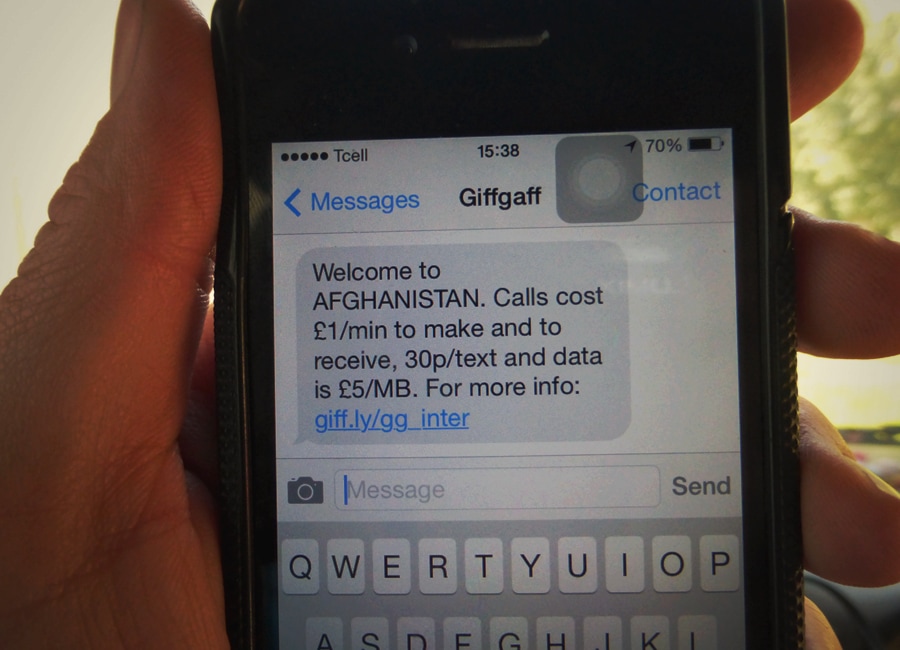
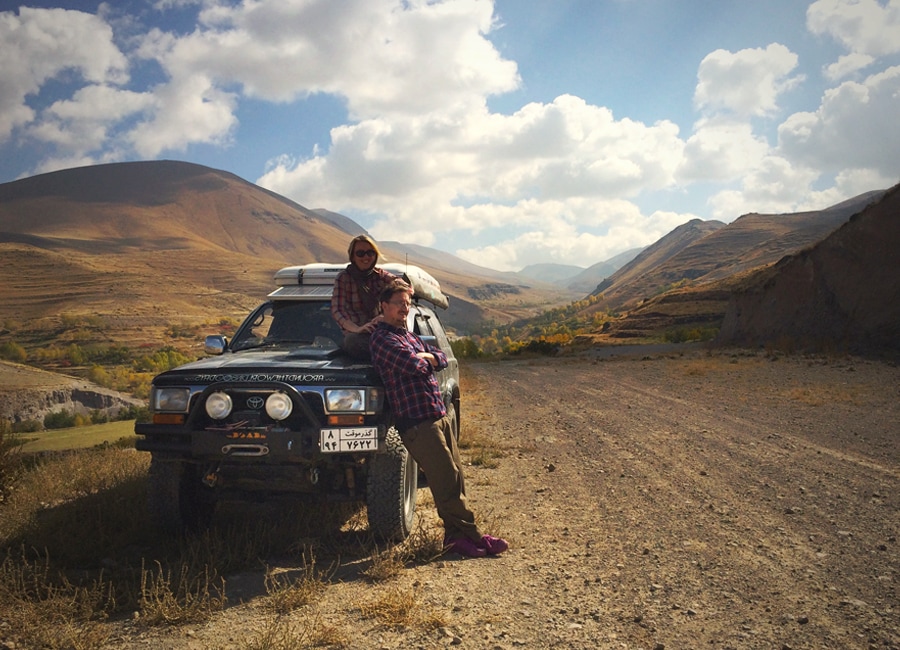
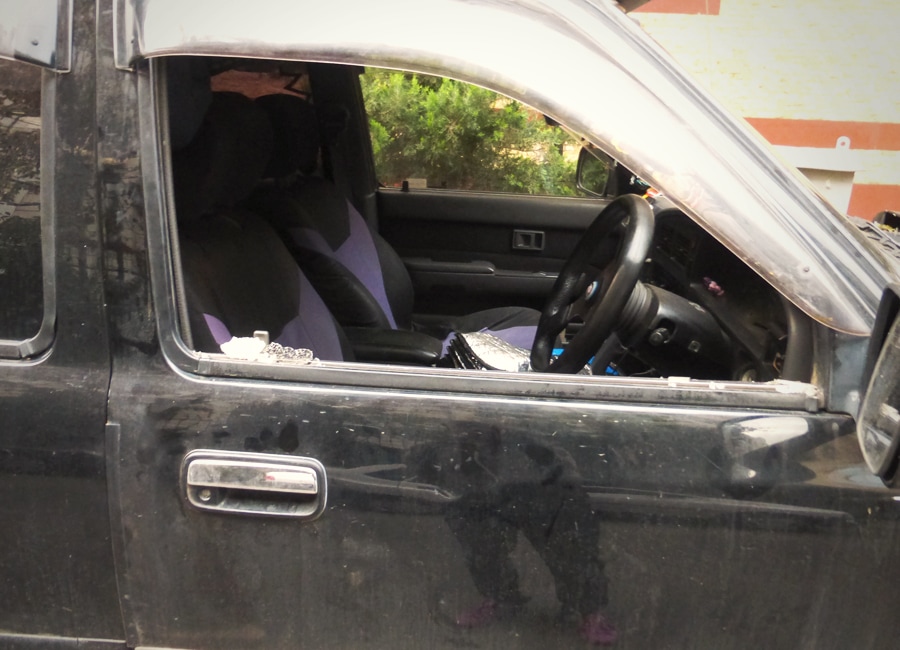
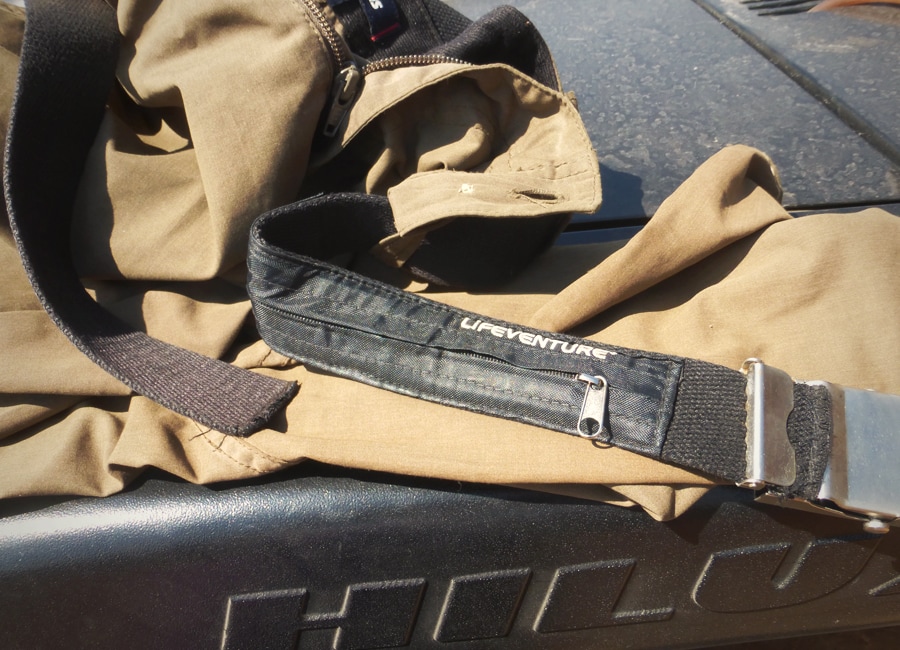
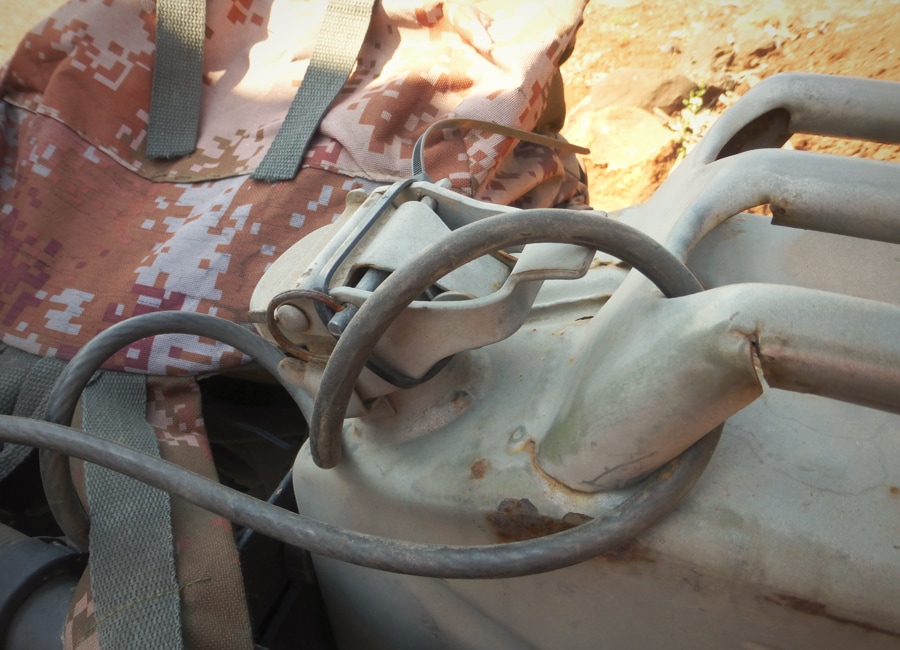
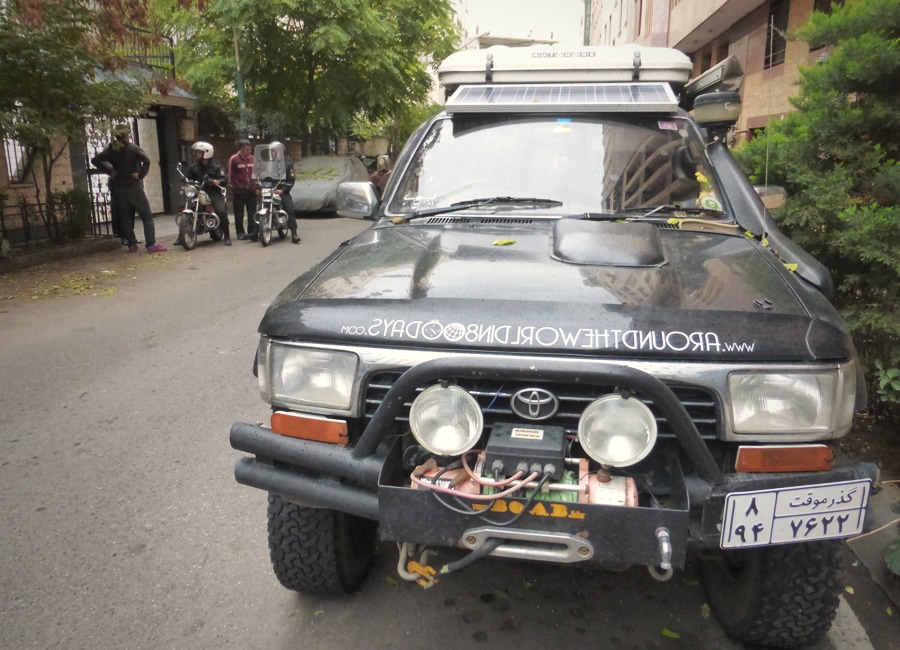
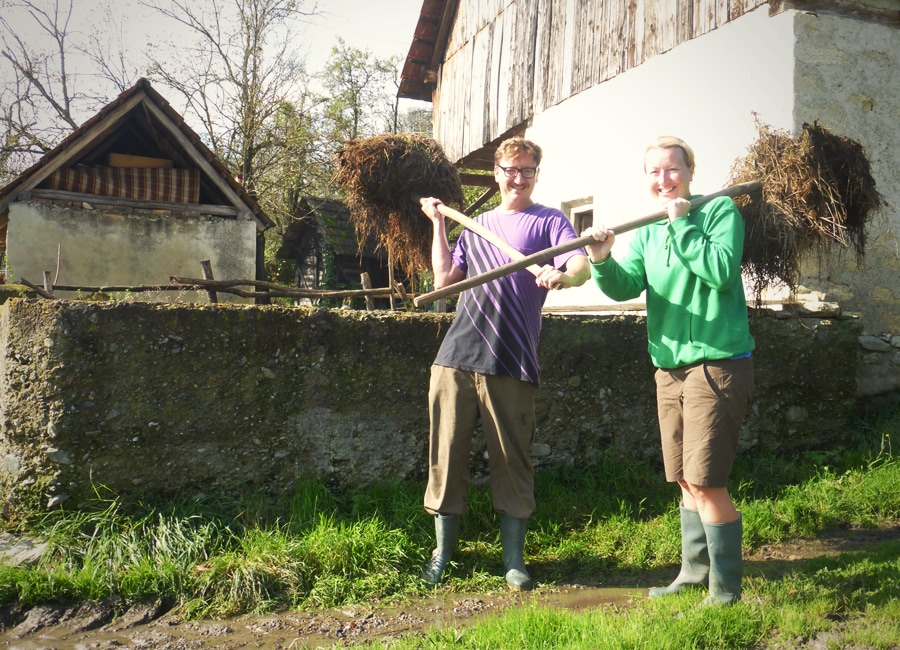
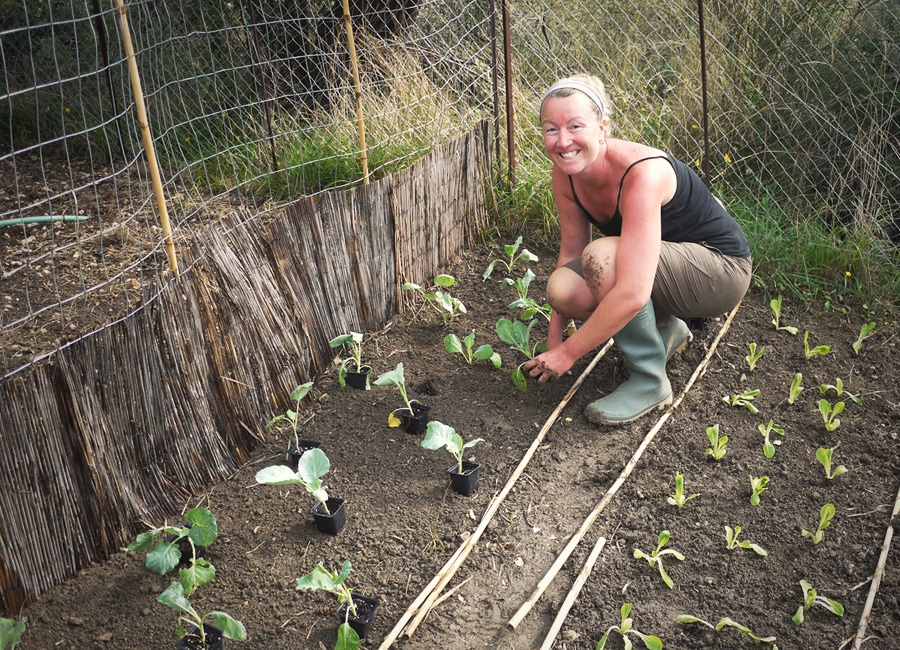
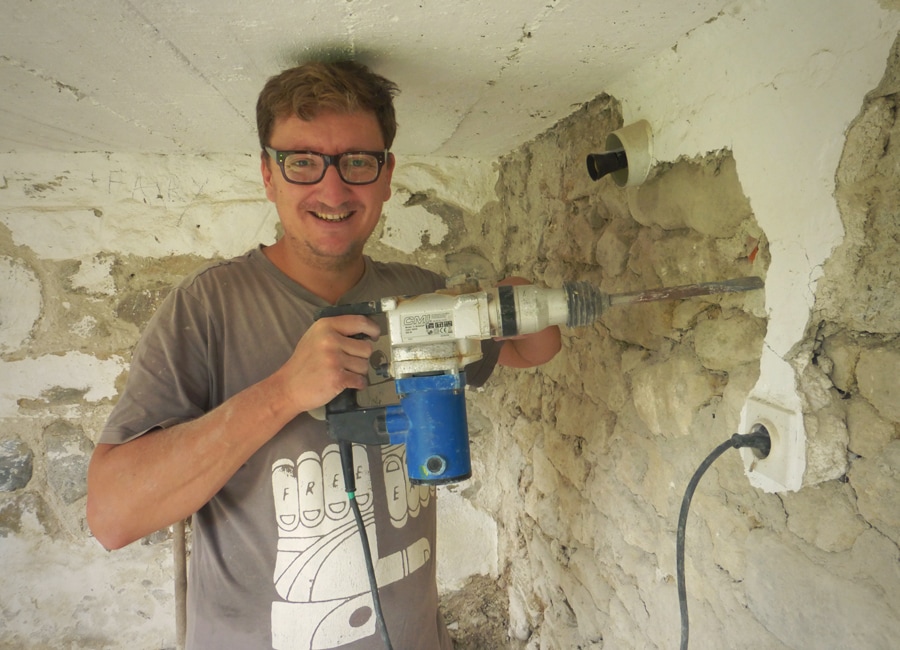
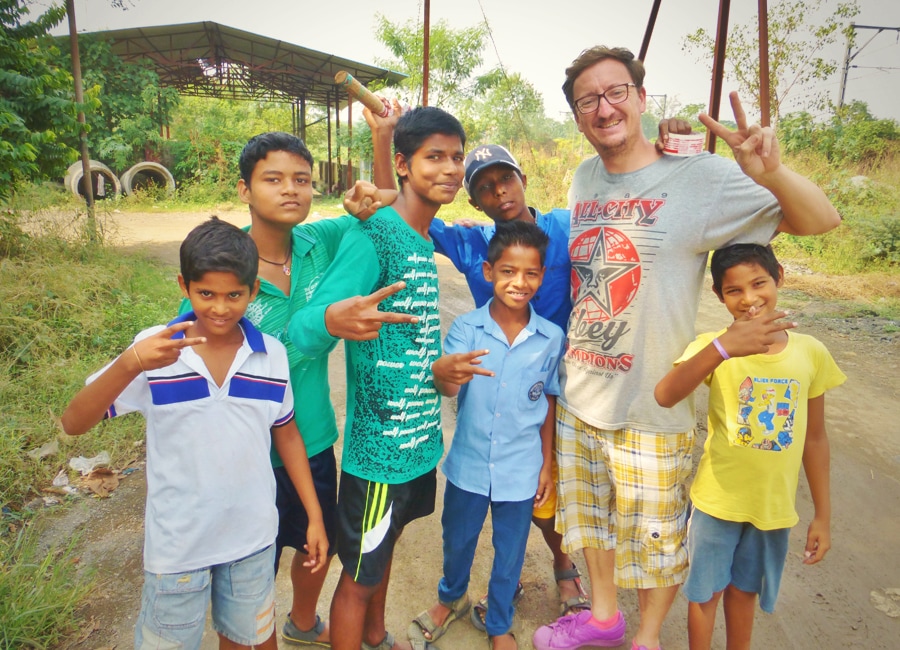
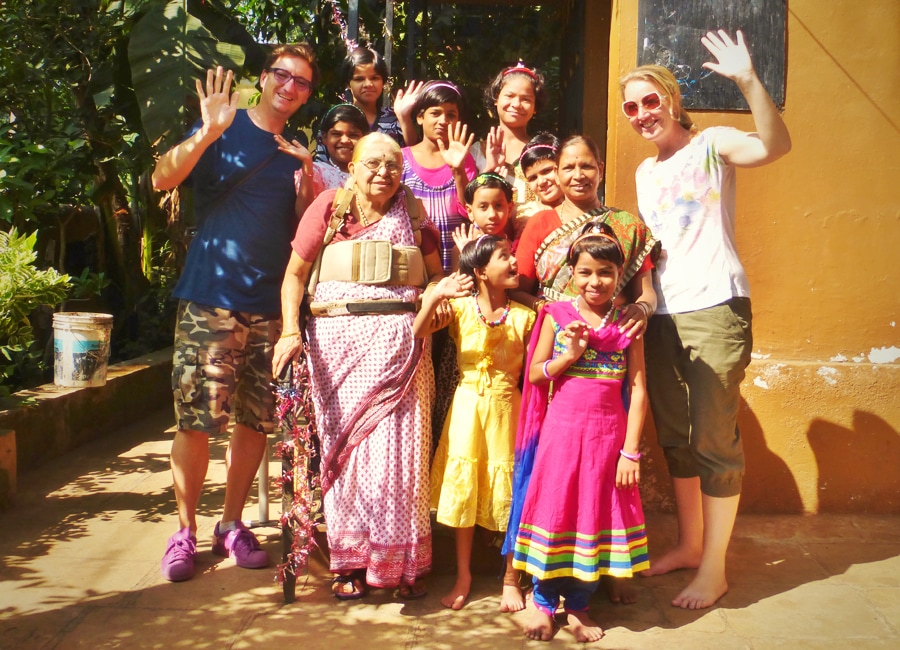
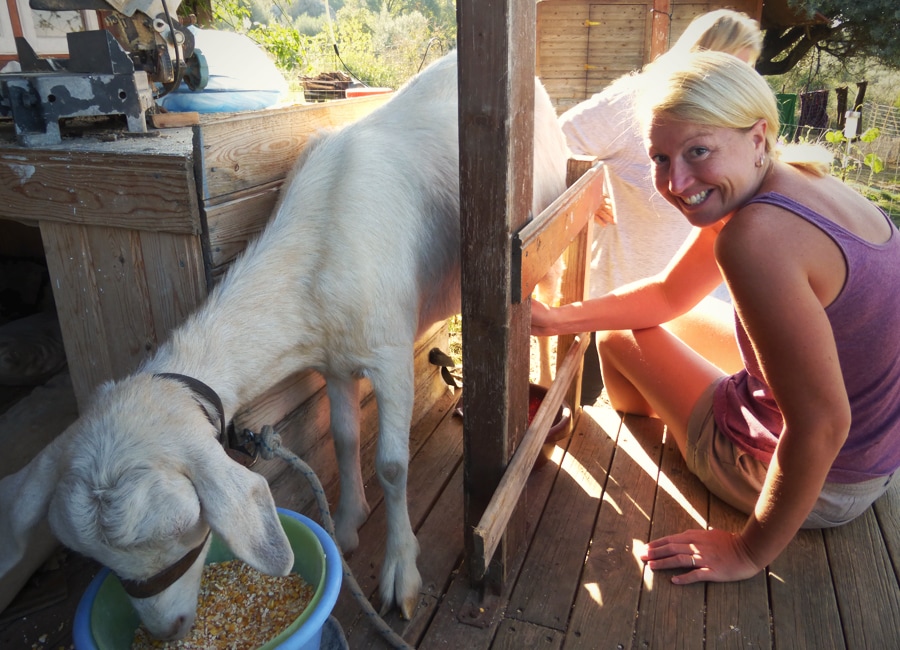
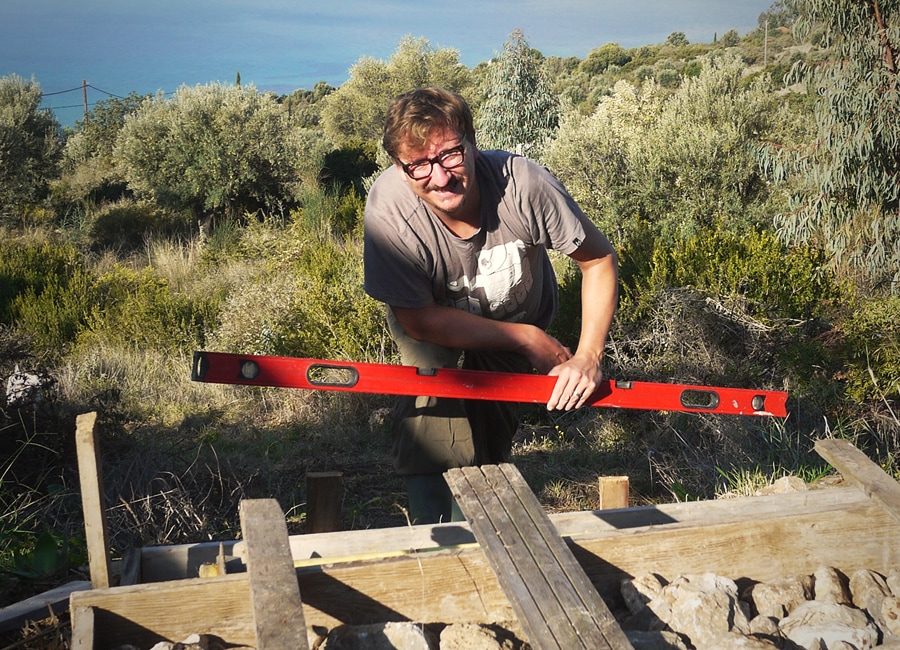
 RSS Feed
RSS Feed